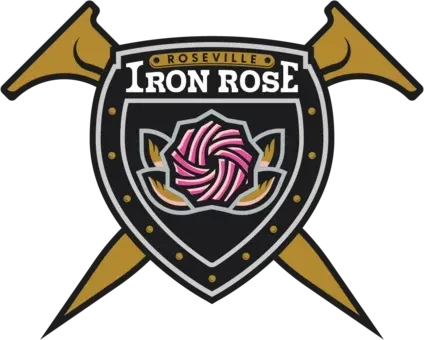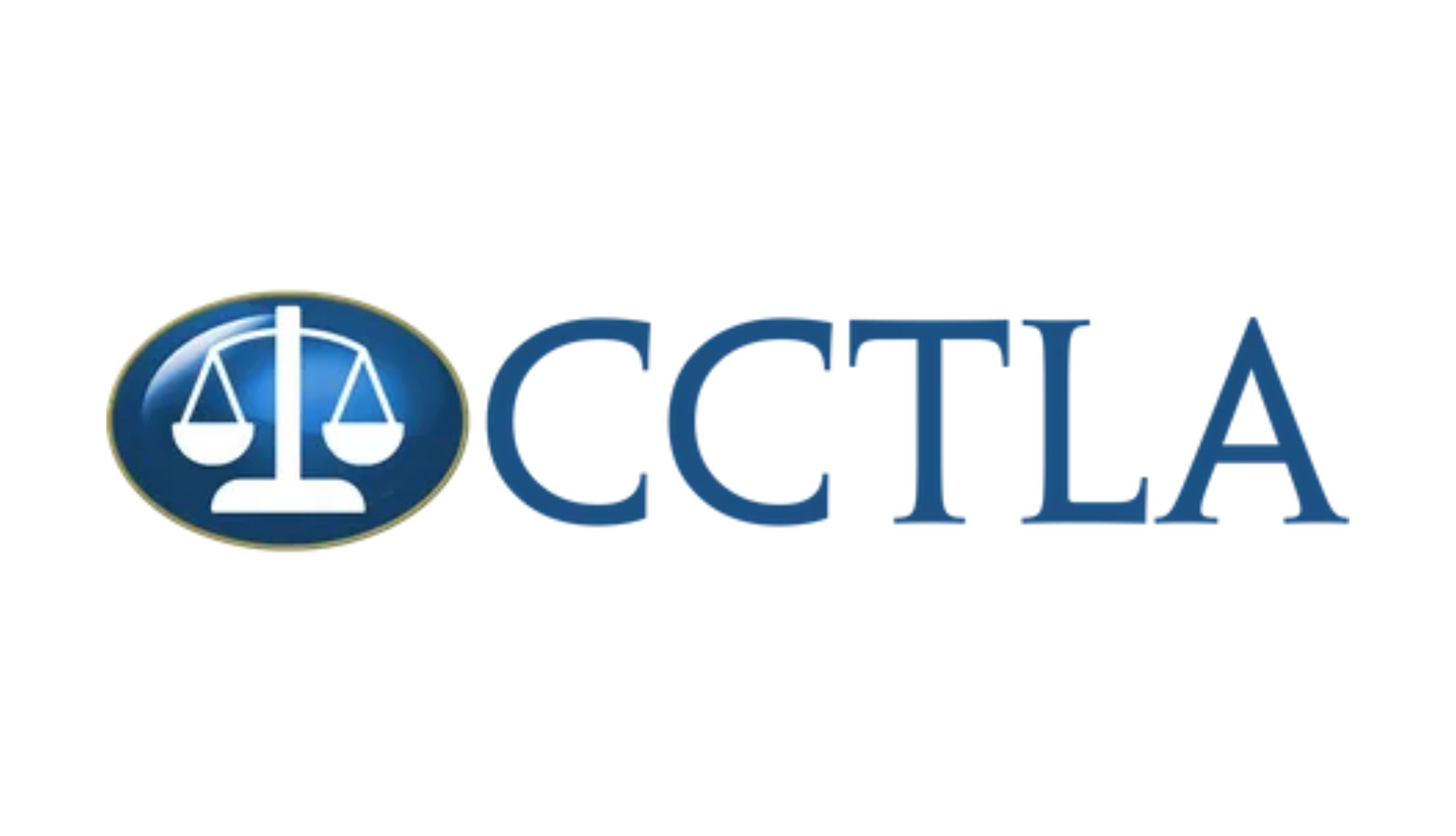How Long Do You Have to File a Personal Injury Lawsuit in Sacramento?
If you’ve been injured in an accident in Sacramento, time is not on your side. California law imposes strict time limits, called statutes of limitations, for filing personal injury lawsuits. Missing these deadlines can mean permanently losing your right to seek compensation, no matter how serious your injuries may be.
At the Law Office of Brian P. Azemika, we help injury victims understand the time frame within which they must take action and ensure that every legal deadline is met. Below is a clear breakdown of how the statute of limitations works in California personal injury cases and why it's so important to act quickly.
California Civil Code Section 335.1: The General Rule
Under California Civil Code Section 335.1, you typically have two years from the date of your injury to file a lawsuit. This applies to most personal injury claims, including:
- Car accidents
- Slips and falls
- Pedestrian and bicycle accidents
- Dog bites
- Assault or battery
- Wrongful death (filed two years from the date of death)
This two-year clock starts ticking on the day the injury occurs. If you fail to file in time, your claim will likely be dismissed, no matter how strong your case is or how much you’re owed.
What Happens If You Miss the Deadline?
If you miss the statute of limitations, the court will almost certainly refuse to hear your case. This means the at-fault party can no longer be held legally or financially responsible for your injuries, even if their negligence was apparent.
It also gives insurance companies all the leverage. Once they know your legal time window has closed, they won’t offer any settlement. That’s why acting quickly is so important.
Are There Exceptions to the Statute of Limitations?
Yes, and they’re essential. While most cases follow the two-year deadline, California law includes exceptions that could pause or extend the statute of limitations under certain circumstances:
Discovery Rule
If you didn’t immediately know you were injured, or didn’t realize someone’s negligence caused the injury, the clock may start when you discovered (or reasonably should have discovered) the harm. This often applies in cases of medical malpractice or toxic exposure.
Minors
If the injured person is under 18, the statute of limitations is usually paused until they turn 18. In most cases, individuals have until the age of 20 to file a claim. However, this does not apply when the claim is against a government entity; those deadlines are much shorter.
Defendant Out of State
If the responsible party leaves California after the incident and before a lawsuit is filed, the clock may pause during the time they’re out of state.
Because these exceptions are complex and often case-specific, it’s best to consult a lawyer to confirm exactly how much time you have.
Filing a Personal Injury Claim Against a Government Entity
If your injury involved a public agency, such as a city bus crash, a dangerous government-maintained sidewalk, or an injury in a public school, your timeline is much shorter.
Under the California Government Claims Act, you must file an administrative claim within just six months of the injury. Once filed, the government has 45 days to respond. If they reject your claim, you typically have only six months from the date of rejection to file a lawsuit in court.
These claims require strict procedural steps, and missing any of them can jeopardize your entire case. If your injury involved any government agency in Sacramento County or the city of Sacramento, contact our office immediately.
Statutes of Limitations Are Not Always Straightforward
Many people assume they have plenty of time to file, but personal injury timelines aren’t always simple. If multiple parties are involved (such as private companies and government entities), your case may involve more than one deadline. If you discovered your injury months later, your timeline might start from a completely different date.
To protect your rights and avoid potential losses, it is advisable to consult with a knowledgeable attorney as soon as possible. At the Law Office of Brian P. Azemika, we’ll help you understand precisely where you stand and how much time you have.
Why Acting Quickly Can Strengthen Your Case
Even if you still have time left to file, waiting can weaken your case. The longer you wait, the more likely it is that critical evidence will disappear, witnesses will forget key details, and medical records will become harder to link to the accident. The sooner we begin building your case, the stronger your chances of a successful outcome will be.
We move quickly to preserve evidence, identify responsible parties, and meet all legal deadlines so you can focus on healing while we handle the legal side.
What Happens After You File Your Lawsuit?
Filing your lawsuit within the deadline is just the first step. After the suit is filed, the case proceeds into pre-trial phases, including discovery, motion practice, and potentially mediation or settlement negotiations. If a resolution can’t be reached, your case may go to trial. That’s why filing early, not at the last minute, is essential. The earlier your case is filed, the more time your legal team has to build a compelling case without racing the clock.
Frequently Asked Questions About Personal Injury Deadlines
We understand that statutes of limitations can feel confusing, especially when you're dealing with recovery, bills, and stress after an accident. Here are a few of the most common questions we get from injury victims in Sacramento:
How long do I have to file a personal injury lawsuit in California?
In most cases, you have two years from the date of injury. However, government claims and some exceptions may shorten or extend that window.
What happens if I miss the statute of limitations?
Your case will likely be dismissed, and you’ll lose your right to compensation—even if you had a strong claim.
Is there a different deadline for filing an insurance claim?
Yes. Insurance claims should be filed as soon as possible, often within a few days. The statute of limitations applies to lawsuits, but delays in notifying insurers can still harm your case.
Do minors have more time to file?
Yes. If the injured person is under 18, they usually have until age 20 to file a lawsuit. However, that doesn’t apply to claims against public agencies, which must still be filed within six months.
What if I didn’t know I was injured right away?
In some cases, California’s “discovery rule” allows the time limit to begin when you first discover the injury or its cause, not necessarily the date of the accident.
Don't Wait Until It's Too Late
If you're unsure about how much time you have to file your injury claim, don’t take risks. Let the Law Office of Brian P. Azemika evaluate your case for free. We’ll identify your deadline, help preserve your rights, and take swift action to secure the compensation you deserve. Contact us today for a free consultation.
Practice Areas
CLIENT
TESTIMONIALS
Brian Azemika fought for me when others thought my case was a lost cause. Brian Azemika took over my case with only a few weeks to prepare prior to trial. His knowledge and expertise showed in how he prepared me for my testimony at trial. He also had a great presence in the courtroom and really connected with the jury during the entire trial. He did such a great job in the eyes of the jury that many of them approached him after the trial and asked him for his business card. Thanks to Mr. Azemika, the jury returned a verdict for $400,000.00, which was amazing since the settlement offer from the insurance company was for only $45,000.00 on the first day of trial. I am so glad that Brian Azemika was my trial attorney.
Irene J.
Ione, CA
Proud Sponsor of the new Local Women’s Premier Soccer League team,
The Roseville Iron Rose.

“You focus on your health and recovery – I’ll do the rest!”







